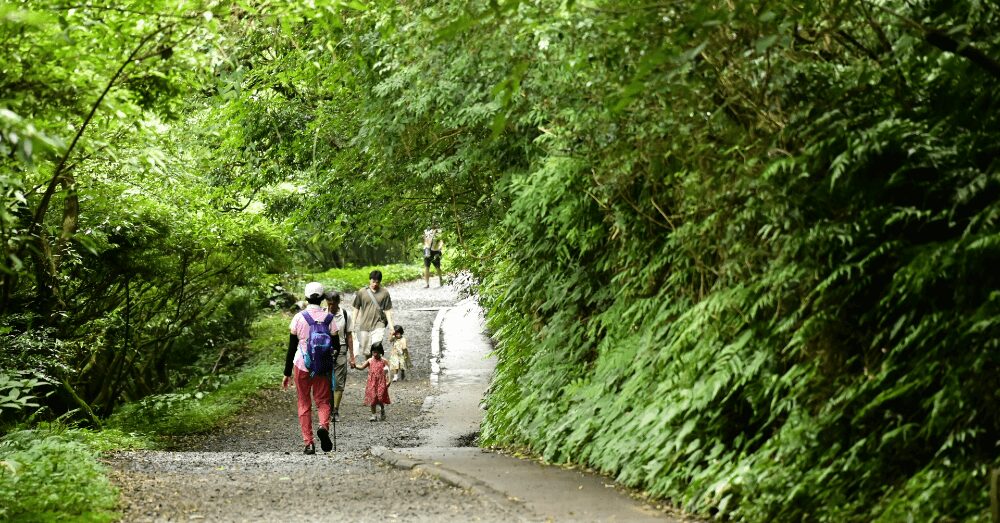How can you respect nature and preserve the outdoors? One of the best ways to do this is to employ the leave no trace principles.
Whether you’re going for an afternoon hike, or you want to spend a month camping in the wilderness, the best way to respect nature is to make sure you leave it the way you found it. This is a great way to ensure nature and the outdoors remains enjoyable for everyone, especially those who will visit the area after you.
Here are the leave no trace principles and how to apply them while you’re visiting nature.
Plan Ahead and Prepare
Before you go into a wilderness area, you should know what to expect and understand the rules and regulations specific to the area. This principle involves being prepared for what could be ahead of you during your time in the area. You should be ready for extreme weather, hazards, and emergencies, visit in small groups, and bring items to repackage food to minimize waste. It’s a good idea to schedule your trip to avoid times of high usage, enjoy the area, and help preserve nature.
Travel and Camp on Durable Surfaces
When you travel outdoors, you want to move through nature without damaging the land, foliage, or waterways. This means you travel in such a way that no one who follows you would know that you were there. You want to avoid damaging the vegetation or communities of organisms. This is one of the most important leave no trace principles to follow. It’s important to camp at least 200 feet away from lakes and streams and find a good campsite that doesn’t need altering to make it livable.
Dispose of Waste Properly
Humans are the only creatures on the planet that create waste that cannot be decomposed. Because of this, it’s important to understand the impact of waste that you will need to dispose of properly when you want to camp and hike in the wilderness. One of the best ways to deal with waste is to pack it in and then pack it out to dispose of it once you’ve left the area. This ensures nature doesn’t have to suffer from your visit.
Leave What You Find
Every item found in nature has a specific role in the ecosystem. For this reason, one of the most important leave no trace principles is to leave what you find. You need to leave things alone and let them remain in place. This includes rocks, plants, and natura objects you find along your way. Avoid introducing or transporting non-native species into an area, and don’t alter the landscape when you head into nature. The more you can leave the area exactly the way you found it, the better.
Minimize Campfire Impacts
Some areas you visit might already have established campfire rings. You should use these as much as possible. If there isn’t an already identifiable campfire area, you need to ask before building a fire. If you make a campfire, keep it small, use only sticks from the ground, and burn all wood and coals to ash. Make sure your campfire is completely put out, and scatter the cool ashes before leaving the area. If you can avoid using a campfire, do so.
Respect Wildlife
The wilderness is home to many species of animals. You need to minimize your impact on them and respect wildlife as part of your leave no trace principles. If you see wild animals, you should observe them from a distance and avoid following or approaching them. Don’t feed wild animals from your food. This can damage their health and alter their behavior. Control your pets if you take them along for your time in the wilderness, and remember your pet is not part of nature, which means you need to clean up after them.
Be Considerate of Others
You might share your area with other campers and hikers; it’s important to remember that these people have just as much right to be in the area as you do. You should be respectful of others and their property. Be courteous and yield to others on the trail. Take breaks and camp away from trails to avoid impeding progress for hikers and bikers who are enjoying the trails. Let nature be the sounds you hear; avoid using loud voices or playing music while on the trails.
Use these leave no trace principles to have a wonderful outdoor experience and preserve nature for everyone else who might want to visit the area after you.

